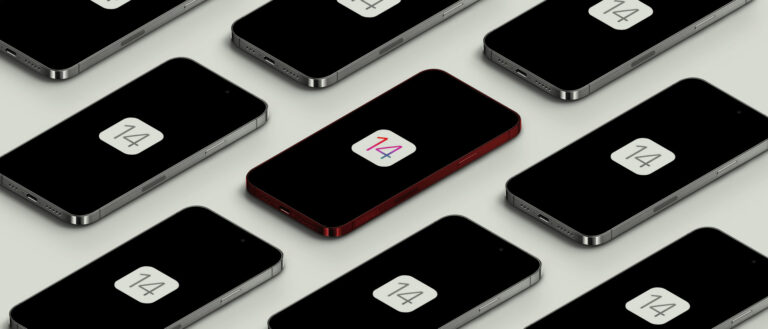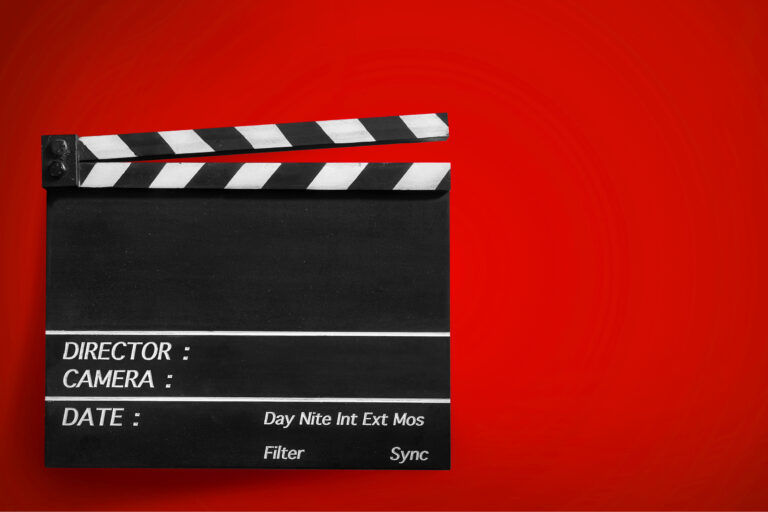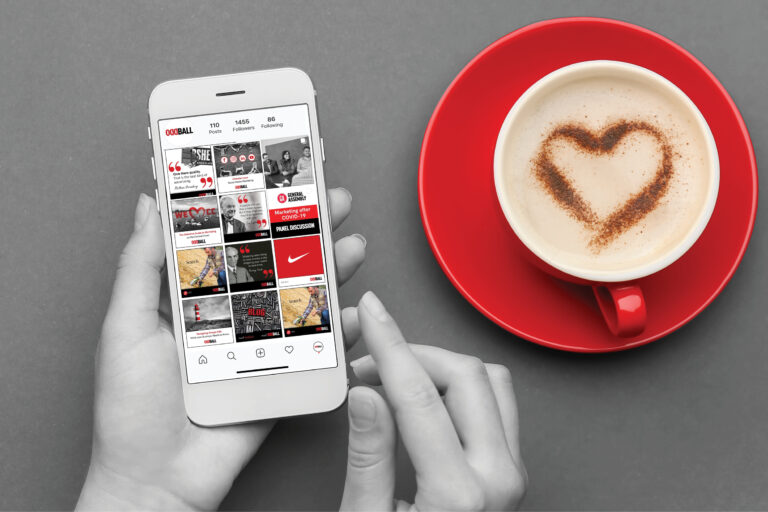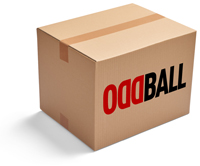Website design is more than simply putting a bunch of info on some pages and making them look pretty. There’s a lot of back-end work that must go on, if you want to see a return on your investment and have a website that actually helps you to grow your business.
Contrary to popular belief, not all Central Coast web designers are created equal. In truth, creating a website actually requires a number of different skill sets, most of which are not possessed by just one person.
So it’s important to understand all the different elements that must be considered in an effective website build, so you can understand how to choose the right website designer for you.
1. Are they just a web developer or do they have marketing awareness?
Now of course, when we say “Just a web developer”, we’re not devaluing what they do. Web development is an incredibly technical job and requires a high level of skill – a web developer is absolutely necessary, however you also need someone who understands marketing, so they can structure the website appropriately for your audience and business goals.
Before you even think about starting your website build, you need to understand:
- What your brand identity is
- What your tone of voice is
- Who your target audience is
- What problems or wants they have
- How your product or service provides a solution to these
- How you want your audience to take action
- How you will capture the data of your audience
Ok, that’ll do for now! The point is to show you that your website design requires a targeted strategy, if indeed you want it to be effective. We have seen too many Central Coast businesses struggling because they didn’t apply a marketing strategy to their website. So we want to ensure you get it set up correctly from the start, rather than having to invest more money getting it fixed up in the future.
2. Do they have examples of their work they can show you, and does their style align with your brand?
There’s no better way to see what your website designer is capable of than checking out their previous work. And if they don’t have anything to show you – run for the hills!!
As well as checking out how they roll and getting confidence that they will be able to deliver for you, this can also be a helpful exercise to start identifying elements that you like and want to include within your site.
Pay attention to:
- Layouts: Do they have a feature image across the entire screen at the top? Do they use columns to break up the text? Do they use boxes for headings? Do they have a sidebar? Where is the main menu located?
- Features: Do they have a pop-up box? Do they have an interactive map? Do they have scrolling images? Can you purchase directly through the site
- Look and Feel: What do their buttons look like? Have they used graphics? How are the videos embedded? What type of menu do they have?
This will also give you an insight into the abilities of the designer – both in terms of technical web development and marketing/user experience.
3. Do they create custom designs or do they use templates?
Following on from the portfolio point, it’s important to understand if they can create custom designs or if they use templates. If it’s the latter, this can be a red flag as the chances of your website being unique to you and your brand identity is very slim.
While the use of a template can be attractive, because it is generally cheaper and faster to get up and running, it can end up costing you in the long-term:
- Your website will not be unique. So it will be harder to stand out in the crowd and attract your audience. You may even find that a competitor has the same template as you, which could turn your potential customers off from even visiting your website.
- Your brand may not be represented appropriately. With a template you generally have less freedom with your design and capabilities, as you have to fit within the parameters that have been set. So it can be difficult to express your brand identity fully, which may impact the level of engagement and retention of your audience on your site.
- Your opportunities may be limited. If your template doesn’t offer the features or services you need, or integrate with third party systems, it may prevent you from maximising the capability of your website and could hold back your business growth. For example, if it doesn’t integrate with your CRM system or marketing automation system, it will make it very difficult for you to capture your website traffic and keep them engaged, in order to lead them towards a buying decision.
4. Do they include professional copywriting?
The words on your website are critical to the success of your website. It’s not enough to simply tell your audience what you do, you have to take them on a journey and persuade the right person to take the right action. Your website must:
- Capture their attention
- Show you understand their problems and needs
- Speak directly to their desires
- Show how your product or service can specifically help them to overcome their problems and achieve their desires
- Make it easy for them to take action
Within this there are a number of techniques you can call upon to ensure the journey is pleasurable and appropriate for your target audience. Remember, the purpose is to persuade the right people to take the right action – you’re not trying to get people to do something they don’t want to do or buy something that isn’t right for them. Clever copy is about helping people to make the right decision at the right time.
Without this kind of targeted copy, you’re going to struggle to get your audience to stay on your website long enough to figure out if taking action with you is the right thing to do – so therefore, you will miss out on valuable leads and sales.
If your web designer does not include professional copywriting, they will ask you to provide the copy. Again, this might seem like a great idea at the start because it will be considerably cheaper than hiring a copywriter, but in the long-term it could cost you greatly as your website won’t be working for you and generating those opportunities to make money and grow your business.
We recommend looking for a designer or agency who will include the professional copy within the package.
5. Will they optimise your site for long-term SEO success?
In order to achieve success with your SEO and rank highly on Google, you need to implement a long-term approach. To set the right foundations for this, there are basic structural elements that must be considered during the website build.

Ask your website designer if this is included in the package, because it is critical to your future SEO success.
This again is where professional copywriting is important, because they can optimise the copy for SEO and help you to boost your ranking more quickly for specific terms that relate to your specific audience. This is another reason why the initial strategy and planning is critical, so you can understand who you’re trying to reach and optimise your website for that.
6. Will your website be mobile optimised?
The rapid development of mobile phone capabilities has meant that the usage of phones for online activities has gone up considerably. This means it is critical to ensure your audience will enjoy a pleasurable and hassle-free experience when browsing your website from their phone.
If the elements of your site are not contained within the mobile screen and it is difficult to navigate, your audience will leave – and never have the opportunity to find out if your product or service is the solution to their problems. So therefore you will not have the opportunity to take them on as a customer and grow your business.
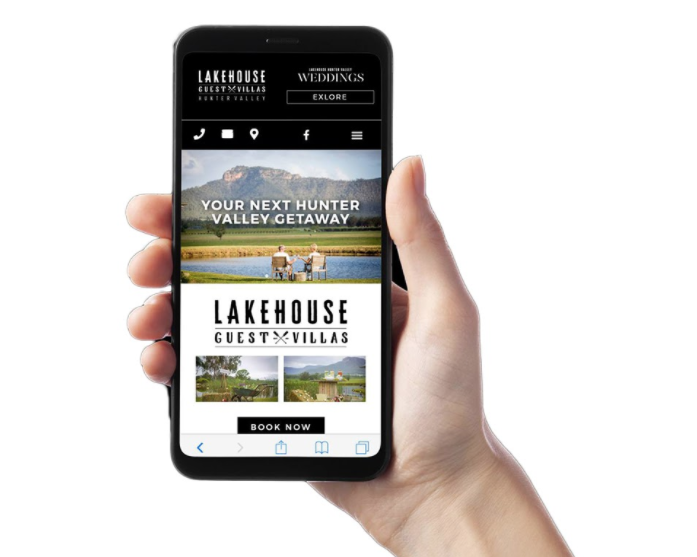
74% of users are more likely to return to mobile-friendly websites, so by simply optimising your site you’ve overcome one of the big battles of continued engagement with your audience.
And even more importantly, Google has announced that from September 2020 they will be switching to mobile-first indexing for all websites. What this means is, the Googlebot will be looking at mobile sites first and prioritising them before desktops, so mobile sites will rank more highly. So it’s critical that your mobile site is highly optimised if you want the Googlebot to reward you with rankings.
Your website designer should optimise your site for mobile as part of your package, since it is such a standard feature nowadays, but it’s worth checking before you commit.
7. What is their timeframe to build your website, and does it fit with your requirements?
The length of time it will take to build your website will depend on the complexity of your site. For example, if your customers can make purchases directly through your website it will require a lot more work and time than a simple informational site.
It’s important to understand the specific timeframe for your website before commencing work, so you can go into it with the right expectations. And it’s important for your website designer to give you a timeline, so you can provide the information they need at the right time and ensure the build stays on track.
Some website designers may also not be able to start right away, so you need to know that before you commit so you can plan your business activities accordingly, or go elsewhere.
Of course, sometimes issues arise which push the timeframe longer than expected, but generally if you get everything agreed before you start, and you provide everything they need as quickly as possible, your designer should be able to get pretty close to the specified time.
8. Will you have complete access to your website and be able to make edits?
You must check before you agree on anything, that once the website is complete you will have full copyright and access to all areas of the website.
Whilst we wouldn’t encourage you to go in and make technical changes or big updates (we recommend sticking with an expert for that), you should be able to pop in and make little edits to the copy and photos, and add blogs etc. If your designer says you’ll need to return to them for all edits – thank them for their time and make a sharp exit. This will end up costing you a lot of time, money and headaches.
Whilst we wouldn’t encourage you to go in and make technical changes or big updates (we recommend sticking with an expert for that), you should be able to pop in and make little edits to the copy and photos, and add blogs etc. If your designer says you’ll need to return to them for all edits – thank them for their time and make a sharp exit. This will end up costing you a lot of time, money and headaches.
Ideally your website designer will train you on how to do this as part of your launch process, so you can be confident on what to do and prevent any unnecessary issues. We have found that providing this training to all of our website design clients is invaluable to the long-term success and effectiveness of their websites – and to their stress levels!!
9. Do they have a launch process to ensure everything has been done and optimised?
As we’re sure you can appreciate by now, there are a lot of moving parts to building a website. So it’s important that your website designer checks every last one of them off before your site gets officially launched.
If something is missed, it can impact the performance, capabilities and usability of your website, ultimately impacting the user experience and damaging the effectiveness of your site and its ability to grow your business (which is why you’ve invested money to build it, right?)
Attention to detail is critical here, so ask your website designer what their pre-launch process is to be certain they will cover everything off. With our websites we leave no stone unturned – our epic 130 pre-launch checklist is the most comprehensive launch process on the Central Coast!
As far as we’re concerned, this level of detail makes sure that everyone’s a winner. It ensures that you look great online and offer your audience an exceptional experience, and it ensures we look great because we’ve delivered on all our promises to you.
Your relationship with your website designer must be win/win.
10. Do they offer ongoing hosting and maintenance?
Your website will require ongoing hosting and maintenance. This is something you can’t really do yourself, so you need an expert to manage it for you. The maintenance in question here includes all the backend work, including:
- Regular Back-ups
- Plugin and Theme Updates
- Speed Checks
- Security
All of these elements are critical to the performance of your website and therefore the user experience.
It’s great if the same website designer can also host and maintain your site, because they will be able to optimise the build to suit their programs and software, and they will have complete access to all the different elements – meaning you won’t have to constantly flip between different service providers to maintain your site and fix issues.
It’s critical that your website remains as fast as possible. Slow-loading websites lead to a $2.6 billion revenue loss each year, so if the backend maintenance isn’t being done effectively, it could again cost you valuable leads and sales.
So are you ready to build your website?
We hope by now you have a much better understanding of the key activities and requirements for choosing a website designer. The critical thing is to ensure that they have all the various knowledge and skill sets to provide the complete service required to build and launch an effective website, or that they have access to this and will include it all within your package.
This is why working with a marketing agency can be beneficial, because we have a full team of experts who get involved at each step of the process to deliver the very best outcomes for you.
If you’d like to chat about how we can help you to build and launch a successful website, please don’t hesitate to get in touch.


